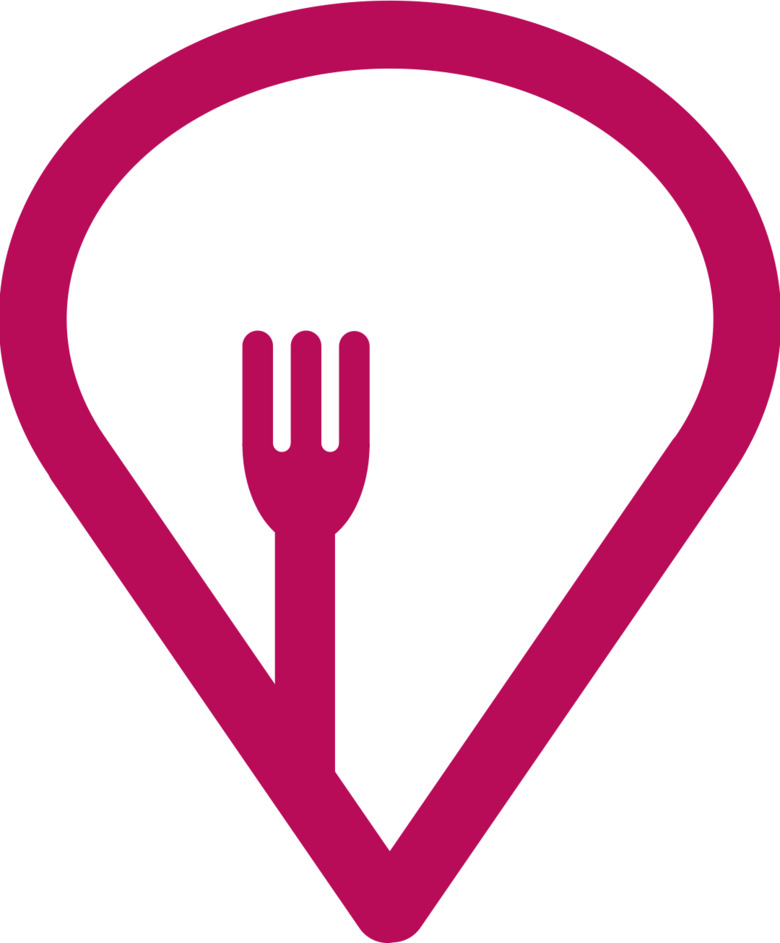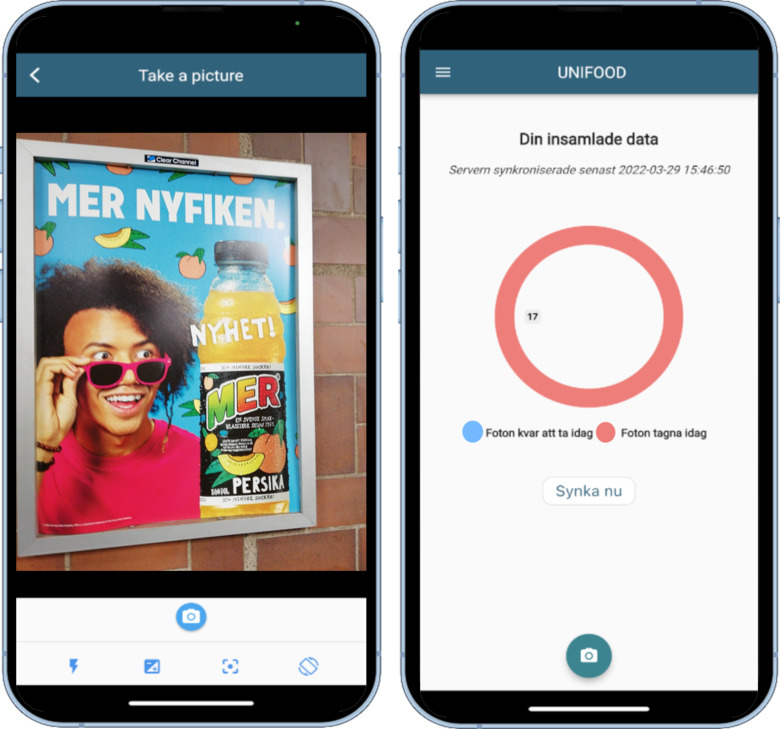Unifood
The Unifood project evaluates differences in food advertisements among different Swedish cities and neighborhoods, taking into consideration the usual spots where students hang-out.
Work Unit Ioannis Ioakeimidis.

The food environment affects our food choices, and our food choices affects our risk to develop overweight and obesity. One important factor that contributes to the issue is aggressive marketing of ultra-processed foods, like fast foods and sugary drinks. The Unifood project aims to investigate in what areas children in a small and a large city in Sweden are exposed to outdoor advertising. The project will also investigate the proportions of ultra-processed food advertisement out of total food advertisements in those areas.
With a smartphone application (app), specifically developed for the current project, children themselves will photograph outdoor food advertisements that they are exposed to. When the children take photos with the app, GPS-locations are recorded and used to identify “hotspot areas” where children often are exposed to food advertisements. The socioeconomic status of the areas where the children live will also be associated with their exposure to food advertisements. The children’s own experience of the food advertisements they are exposed to as well as their thoughts and reflections regarding how their food environment can be improved to facilitate more healthy dietary habits, will also be explored in focus groups.

The study is conducted in collaboration with UNICEF Sweden and Hjärt- och lungfonden. The development of the app is done by Professor Anastasios Delopoulos and his research team at Multimedia Understanding Research Group (Electrical Engineering Department, Aristoteles University of Thessaloniki, Greece).
Work Unit Leader: Ioannis Ioakeimidis
